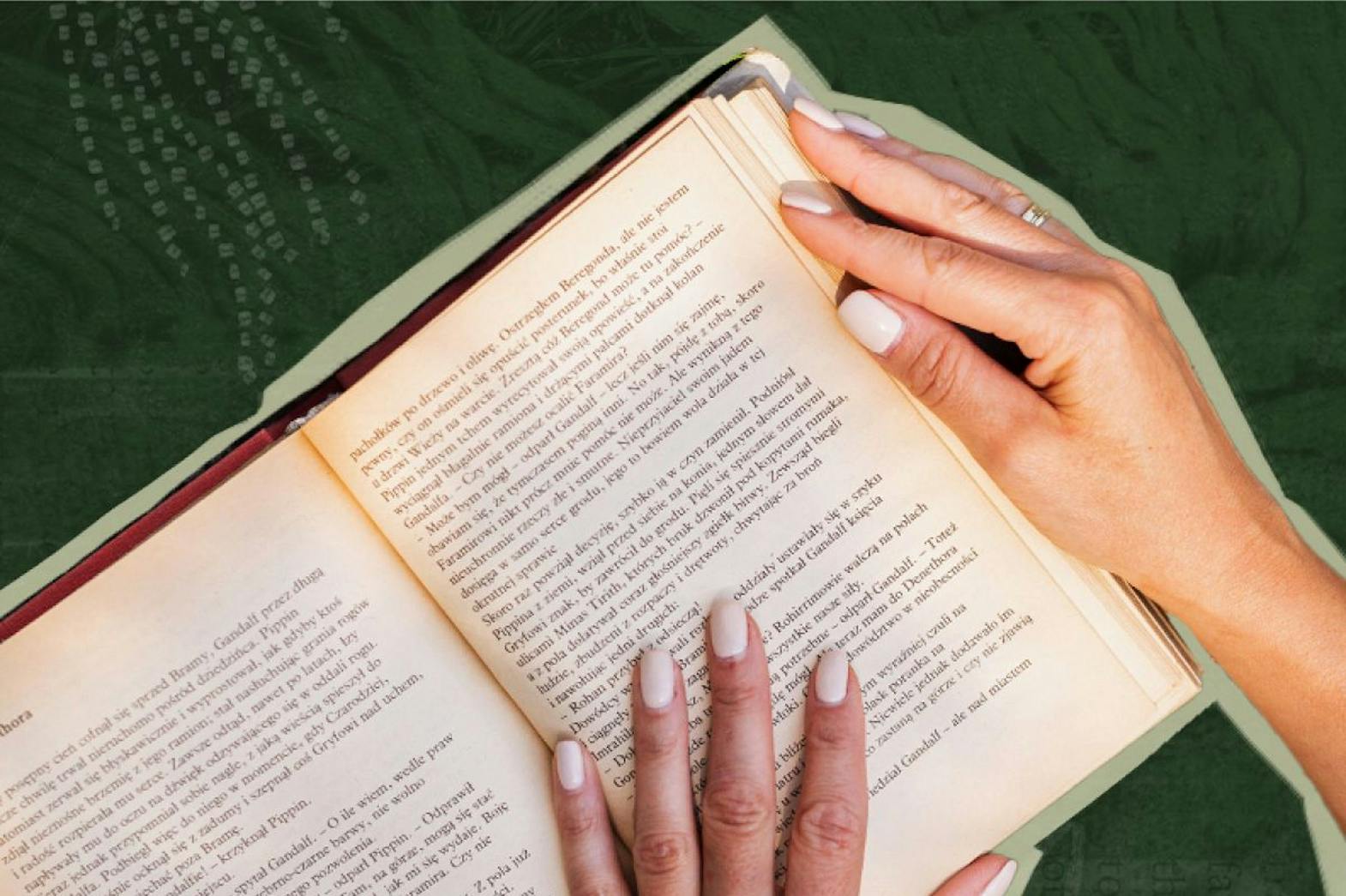With the warm weather upon us, summer is the perfect time to enjoy a good book, whether you are spending your time reading by the lake, in a calm garden, or on a little café patio.
Kickstart your summer reading list with suggested books from seven of our team members to keep you busy. Though not your typical fluffy summer reads, we hope these recommendations leave you feeling inspired.
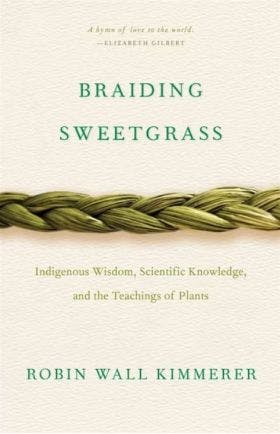

Charmain
Qualitative Data Analyst
Recommendation: Braiding Sweetgrass: Indigenous Wisdom, Scientific Knowledge, and the Teachings of Plants
Author: Robin Wall Kimmerer (she/her)
“I could hand you a braid of sweetgrass, as thick and shining as the plait that hung down my grandmother’s back. But it is not mine to give, nor yours to take. Wiingaashk belongs to herself. So I offer, in its place, a braid of stories meant to heal our relationship with the world.”
Braiding Sweetgrass, and Braiding Sweetgrass: For Young Adults is an accessible introduction to Indigenous ways of knowing and truth and reconciliation for people of all ages and backgrounds. Drawing upon her experiences as a scientist, a mother, and a member of the Citizen Potawatomi Nation, Kimmerer weaves together the scientific and Indigenous ways of knowing to present a powerful testimony of the reciprocal and sacred relationship between humans and the natural world. Through reflections on life, traditional stories, and intimate retellings of her own relationships with plants, Kimmerer gently guides and welcomes readers to learn to hear the language of the other beings, all our relations, in this world. Complicated and intense concepts such as colonization, truth and reconciliation, climate change, and environmental destruction are addressed with respect and careful consideration within Kimmerer’s lyrical and poetic prose.
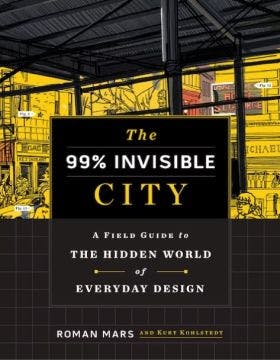

Paul
Senior Planner
Recommendation: The 99% Invisible City: A Field Guide to the Hidden World of Everyday Design
Author: Roman Mars (he/him) and Kurt Kohlstedt (he/him)
99% Invisible shows us the intricate details of the places we live, play, and work by looking at the obvious, mundane, simple, and unnoticed things we take for granted every day and tell the most interesting story they can find behind it. There’s the upside-down stoplight in New York, the story behind love locks, what the writing spray painted on streets by construction crews really mean, and the controversy behind the inflatable waving arm guy (actually called Fly Guys). We live in intricate places made up of thousands of things we take for granted every day, designed to be noticed and not noticed at the same time. For a bonus recommendation, check out the 99% Invisible podcast for deep dives into the everyday world and the fascinating stories behind everyday things.
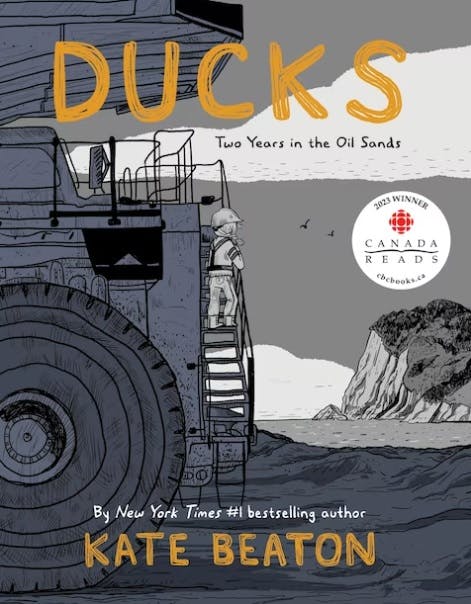

Claire
Learning & Engagement Facilitator
Recommendation: Ducks: Two Years in the Oil Sands
Author: Kate Beaton (she/her)
First posted as a short comic on Kate Beaton’s webcomic site, Hark a Vagrant!, Ducks was one of the rare glimpses into a more serious side of the humour cartoonist’s life. With Ducks: Two Years in the Oil Sands, we get the much-awaited full story-a multi-faceted memoir of one young woman’s experience working in the Alberta oil business. Ducks is raw, sad, funny, and eye-opening. Not just a straight environmentalism tale, but one that highlights the intersectional themes of extraction, isolation, wealth, substance abuse and misogyny, all through the lens of being Atlantic Canadian diaspora. Beaton draws amazingly detailed backgrounds offset by her trademark simplistic faces that capture expressions effortlessly. Difficult to put down, I devoured this graphic novel in one afternoon. Future rereads are sure to bring more understanding and appreciation. In Ducks, Kate Beaton doesn’t ask the question, “Are the oil sands bad?” but instead, “What drives and operates these systems?”.
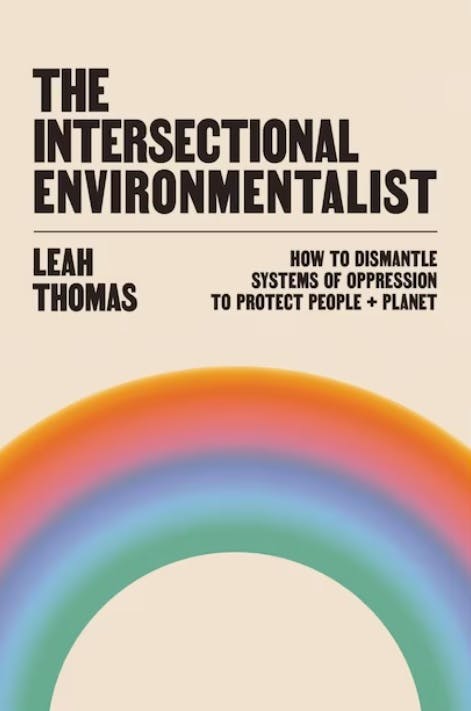

Shay
Senior Designer
Recommendation: The Intersectional Environmentalist
Author: Leah Thomas (she/her)
The Intersectional Environmentalist is a great introductory book for those who are just starting to dive into the theory and concepts behind their own lived experiences with environmentalism or for people who are not a minority and are trying to learn how to be more intersectional in their environmentalism.
Leah Thomas, a black environmental activist, narrates throughout the book on the sentiment of BIPOC exclusion from the climate justice movements and explores the systems of discrimination that have pushed our world and communities to a climate crisis and kept capitalism functioning as it was designed to. She talks about how not only are BIPOC people unequally and unfairly impacted by environmental injustices, but argues that the fate of the planet lies in tandem with the fight for civil rights.
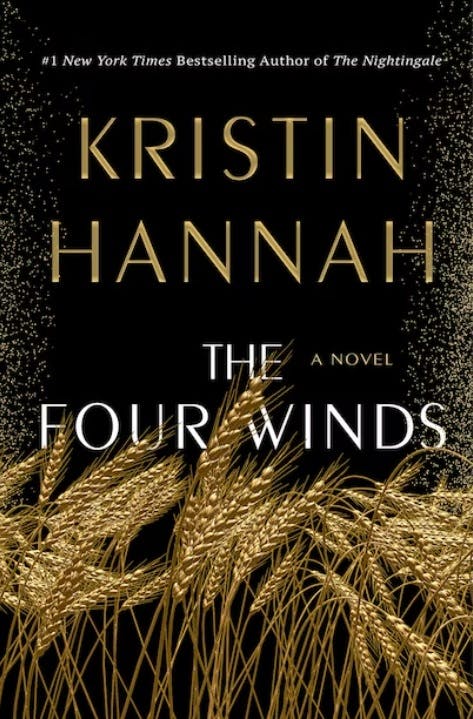

Gabrielle
Senior GIS Analyst
Recommendation: The Four Winds
Author: Kristin Hannah (she/her)
The Four Winds by Kristin Hannah is based in the 1930s, around the time of the Great Depression, also known as “The Dust Bowl” era, in the Great Plains. The farming industry was amid a production disaster due to the drought and questionable farming practices, which began the downturn of the agricultural industry.
The main character, Elsa, was deemed too old to marry and was disowned by her family when her reputation was ruined. Elsa was forced to live with the man she barely knew and his family on their farm.
By 1934, during the Great Depression, millions were out of work, and drought caused many to leave their farms to embark on the journey to the west, California. Elsa and her children left the family farm with very little in search of a better life. When they arrived at their destination, every decision Elsa made was affected by economic hardship and a dependency on a corrupt system that was put in place for the benefit of the farm owners. Her past trauma affected her decision-making, but through her children and the support of others, she eventually rose above it all.
This book reflects the resilience of the human spirit, courage in the face of fear, and personal sacrifice for family and community.
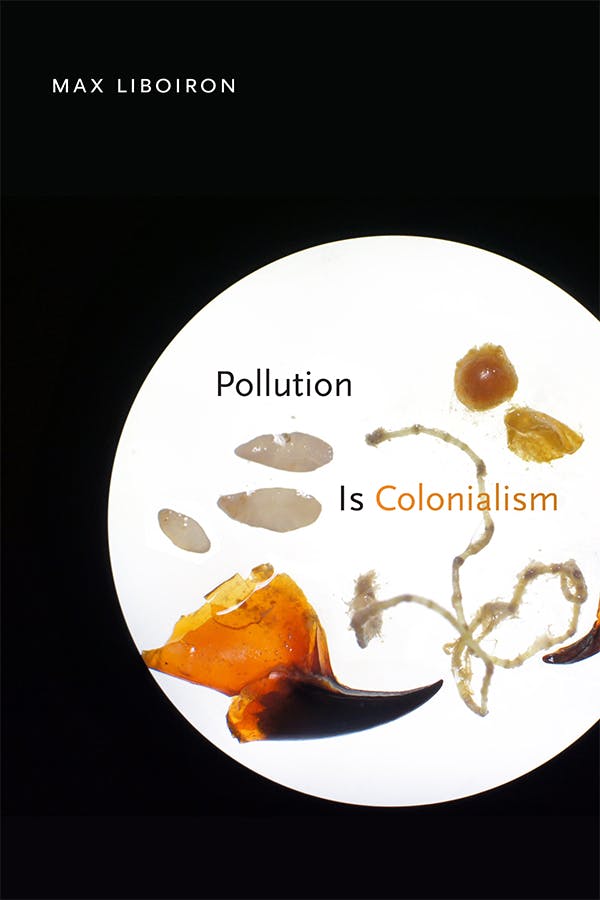

Mya
Senior Researcher
Recommendation: Pollution is Colonialism
Author: Max Liboiron (they/them)
Summertime is about relaxing with a good book under a tree, but it can also be about going on a daring canoe trip. This book, Pollution is Colonialism, is a summer read that will challenge and exhilarate your brain. Max Liboiron is a professor in Geography at Memorial University and founded an incredible science lab to rethink our relations to land. Pollution is Colonialism is a work of art to read as Max, very carefully, takes your hand and weaves you through the differences between Indigenous and colonial ways of learning and knowing the land. They focus on the history of single-use plastics and the persistent presence of microplastics that are now found everywhere and in everything. Max does something very wonderful with this book: amid learning about the great violence of colonialism through the history of plastic pollution, we are given a tangible and hopeful way to learn to care for and with the land.
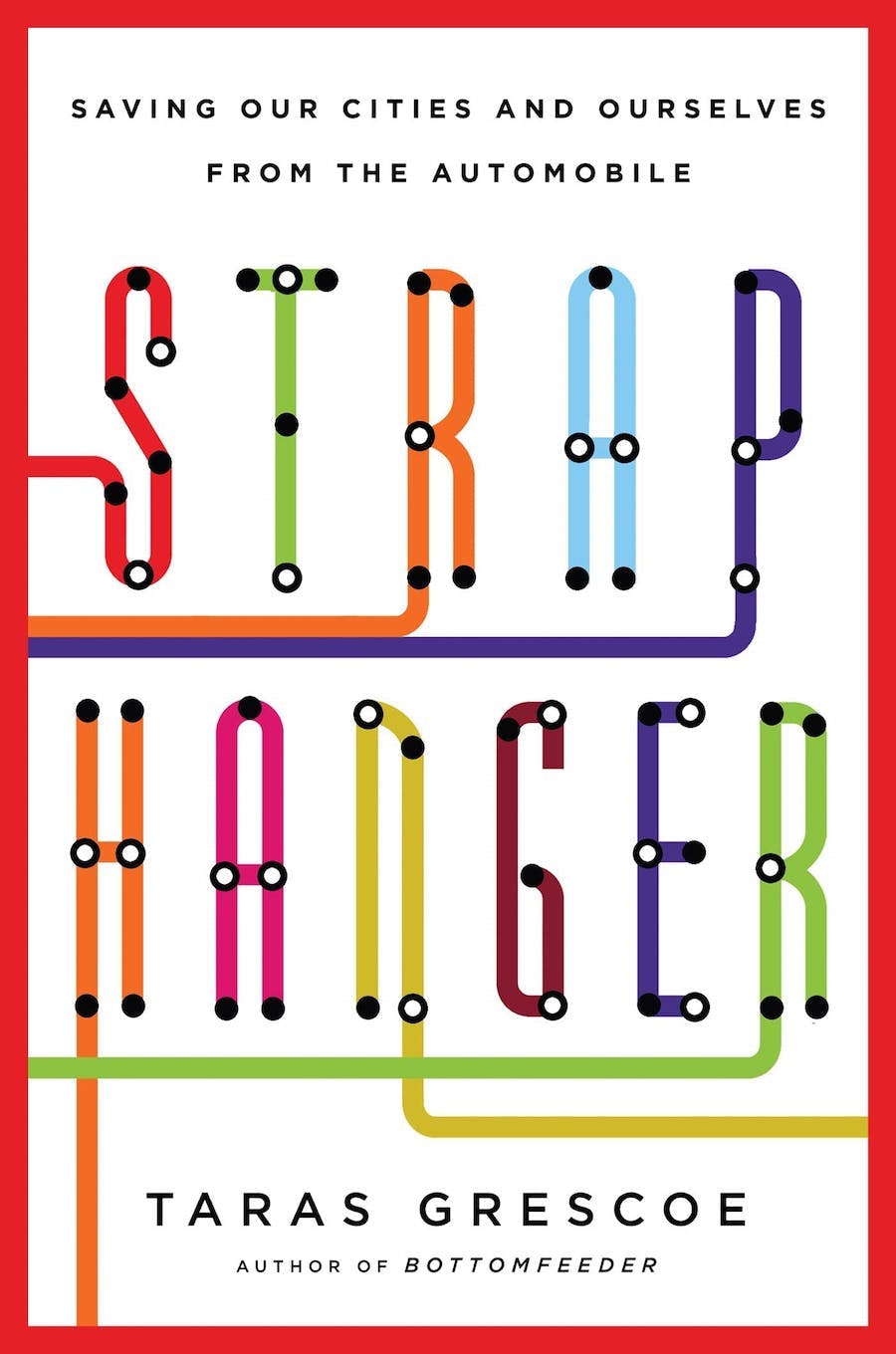

Abigail
Planner
Recommendation: Straphanger
Author: Taras Grescoe (he/him)
Straphanger by Taras Gresco delivers a pointed commentary about transportation systems in our world and how using methods apart from automobiles can benefit both people and the environment. Gresco himself is an avid public transit user (what he refers to as a “straphanger”) and writes from his perspective, highlighting the public transit approach of 13 different cities across the globe. Throughout the book, Gresco reflects on how the transit systems of these cities influence the shape and growth of the city–where the densest neighbourhoods are, how the lack of transit options can create disconnect within a city, and what opportunities each city has to address the automobile issue. Gresco effectively transports the reader (no pun intended) to the bus rapid transit systems of Bogota, Colombia, to the sprawling city of Phoenix, Arizona. Overall, if you want a summer read that highlights the balance between land, transportation, and environmental relations or inspires you to take the bus more often, this is the book for you.




